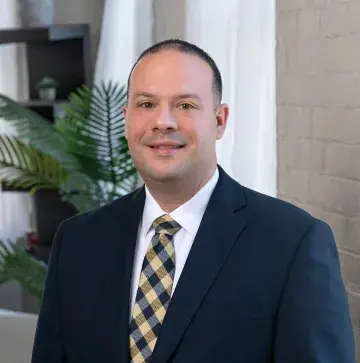Criminal Defense Clinic
The Roger Williams University Criminal Defense Clinic offers law students an extraordinary opportunity to experience the actual practice of law, representing real defendants in pending criminal cases under the direct supervision of a full time member of the School of Law’s tenured faculty.
Law students personally handle all stages of criminal litigation in the Criminal Defense Clinic, beginning with interviewing the client and including investigating the case, counseling the client, negotiating with the prosecution, and ultimately, if the case proceeds that far, trying the case. Some clinic students will also be assigned to appellate and post-conviction work.
The majority of the Criminal Defense Clinic caseload consists of misdemeanor criminal cases that are pending in the Rhode Island District Court, involving charges such as domestic violence, drunk driving, disorderly conduct, assault, larceny, drug possession, and weapons possession. The clinic also carries a caseload of cases at the Rhode Island Traffic Tribunal, including refusal to submit to a breath test. In any given semester, several Criminal Defense Clinic students will may the experience of handling an actual trial to verdict before a judge.
In addition to the trial level caseload, the clinic handles some appellate and post-conviction matters, exposing the clinic students to litigation experience in the Supreme and Superior Courts of Rhode Island. Over the past few years, Criminal Defense Clinic students have enjoyed several extraordinary experiences through these cases.
One Criminal Defense Clinic student became the first law student in Rhode Island history to try a case before a jury in Superior Court, achieving a full acquittal for his client. In recent years, Criminal Defense Clinic students have argued cases before the Supreme Court of Rhode Island.

